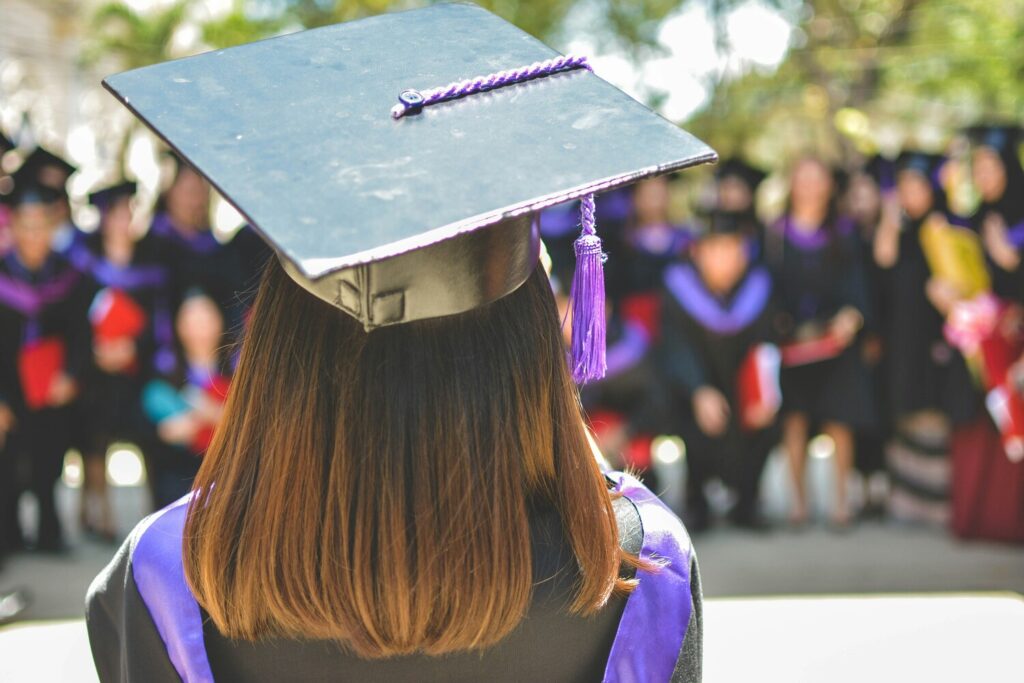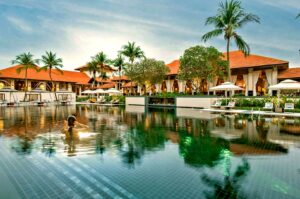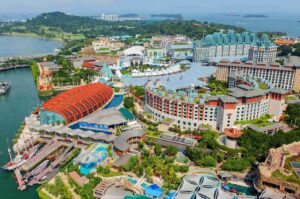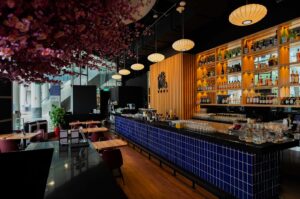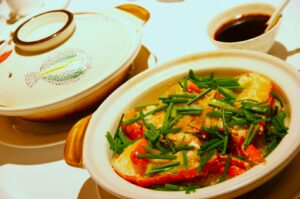Relocating to a new country comes with a long checklist, and for parents, securing the right education for your children is at the very top. If you’re an expatriate parent in Singapore, you’ve likely heard about the country’s world-renowned Singapore education system. Singaporean students consistently top global rankings like the Programme for International Student Assessment (PISA), excelling in mathematics, science, and reading—testament to a world class education system that produces highly skilled graduates and prepares students for the wider world.
While many expats default to sending their children to an international school such as One World International School, Perse School, Australian International School, or world international schools, the local Singapore education system offers a compelling alternative. Mainstream schools deliver deep cultural immersion, academic excellence, creative thinking, character development, and bilingual proficiency at a fraction of the cost. This comprehensive guide is designed to demystify mainstream and independent schools, local school registration, and entrance exams. As an experienced education consultant, I’ll clarify structures, policies, and provide personalized learning pathways to help you make an informed and confident decision.
Singapore Education System Structure
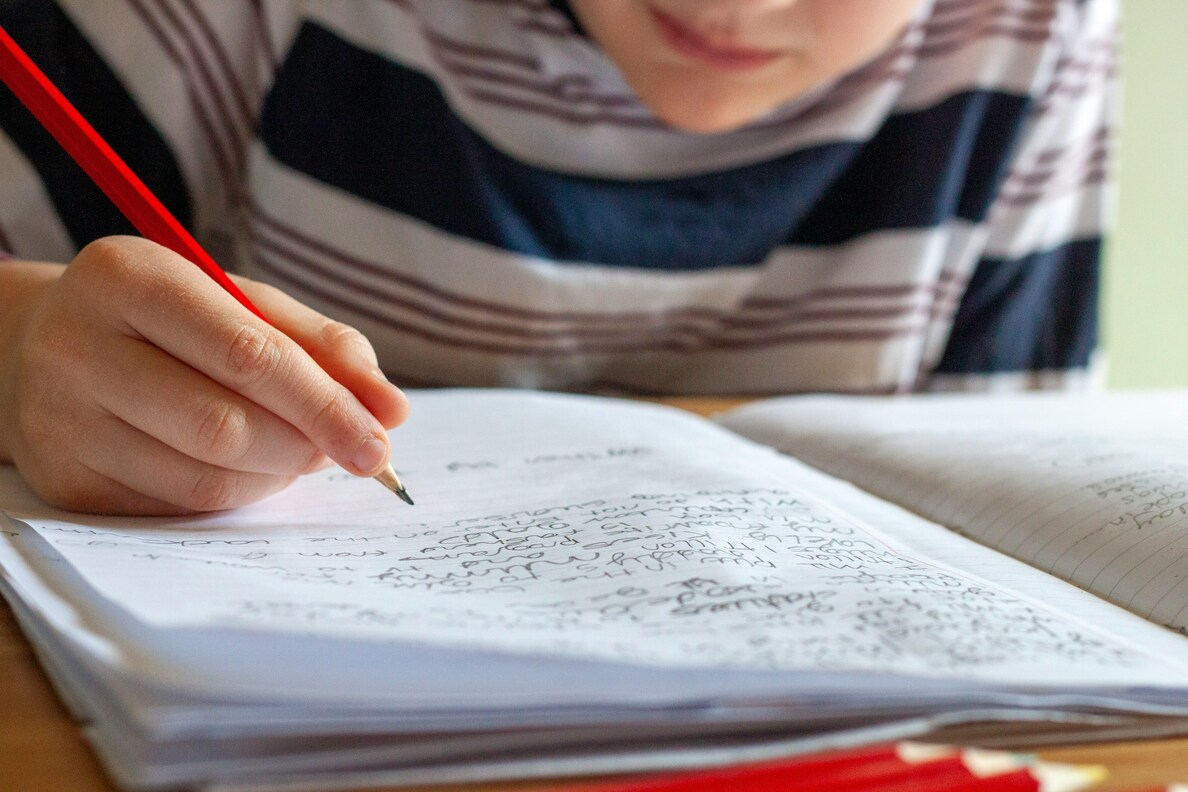
The Singapore education system—a world-class example overseen by the Ministry of Education (MOE Singapore)—provides structured, inclusive education, supporting students to embrace challenge and pursue academic excellence at every stage. Here’s a clear breakdown for expat and local families:
Pre-School Education: Nurturing Children Ages 3-6
- Nursery and Kindergarten Options: Singaporean children ages 3-6 can attend mainstream private nurseries, independent kindergartens, or anchor operators, all preparing students for primary school through personalized learning and a focus on social skills, well being, and creative thinking.
- Registration for Expat Children: Most expat children attend private pre-schools and must provide documentation to register. Service learning, play-based curricula, and exposure to the first language or English lay a strong foundation for primary learning objectives.
Primary School: Building a Strong Foundation (Ages 7-12)
- 6-Year Curriculum: All children ages 7-12 receive education in English, Mother Tongue language (Chinese, Malay, or Tamil), Mathematics, and Science under the Singapore primary education curriculum.
- Personalized Learning & Curriculum: Subject based banding enables more students to pursue strengths, whether in the arts, sciences, or social studies.
- Primary School Leaving Examination (PSLE): At the end of Primary 6, students sit for the PSLE Singapore—a national examination that determines secondary school placement and subject banding for the next education level.
- Supporting Students: Inclusive community and opportunity fund programs ensure low income families and those with special needs are supported.
Secondary Education: Personalized Pathways for Academic Excellence
- Secondary School Structure: Students based on PSLE results are placed in Express, Normal (Academic), or Normal (Technical) streams to offer personalized, subject-based pathways.
- Express Stream: A four-year program leading to O-Level national examinations—students pursue more advanced coursework, preparing them for junior colleges or polytechnics.
- Normal (Academic/Technical): A four-year program focused on different levels of academic rigor; students pursue N-Level exams, with further progression possible.
- Subject Based Banding: Allows for flexibility in subject choices, enhancing social skills, personalized learning, and academic progression.
- Co-curricular Activities (CCA): Alongside rigorous academics, secondary schools emphasize character development, global citizenship, and an inclusive education ethos.
Junior Colleges and Post-Secondary Education: Preparing Students for the Wider World
- Junior Colleges: Students aged 17-18 pursue a two-year pre university education leading to the A-Level exams. Junior colleges offer options for those seeking university education locally or abroad. Many embrace service learning, academic excellence, and direct school admission routes.
- Polytechnics and ITE: These institutions offer technical education, vocational education, and diplomas, producing highly skilled graduates in engineering, business, life sciences, the arts, and more.
- National ITE Certificate & Lifelong Learning: A strong emphasis is placed on lifelong learning, with ITE graduates able to progress to polytechnics or embark directly on their chosen career paths.
Tertiary Education: University Education and Beyond
Singapore boasts world class tertiary institutions such as the National University of Singapore (NUS), Nanyang Technological University (NTU), and arts institutions like LASALLE College of the Arts. Students based in local or international schools can apply for undergraduate, postgraduate, and doctoral degrees, with entrance exams and specific admission requirements varying for Singapore citizens and international students alike.
Admission for international students: Those holding A-Levels or IB Diploma (from an IB World School) can directly apply; all universities focus on academic excellence, subject mastery, and holistic development.
Academic Excellence: Key Strengths of the Singapore Education System
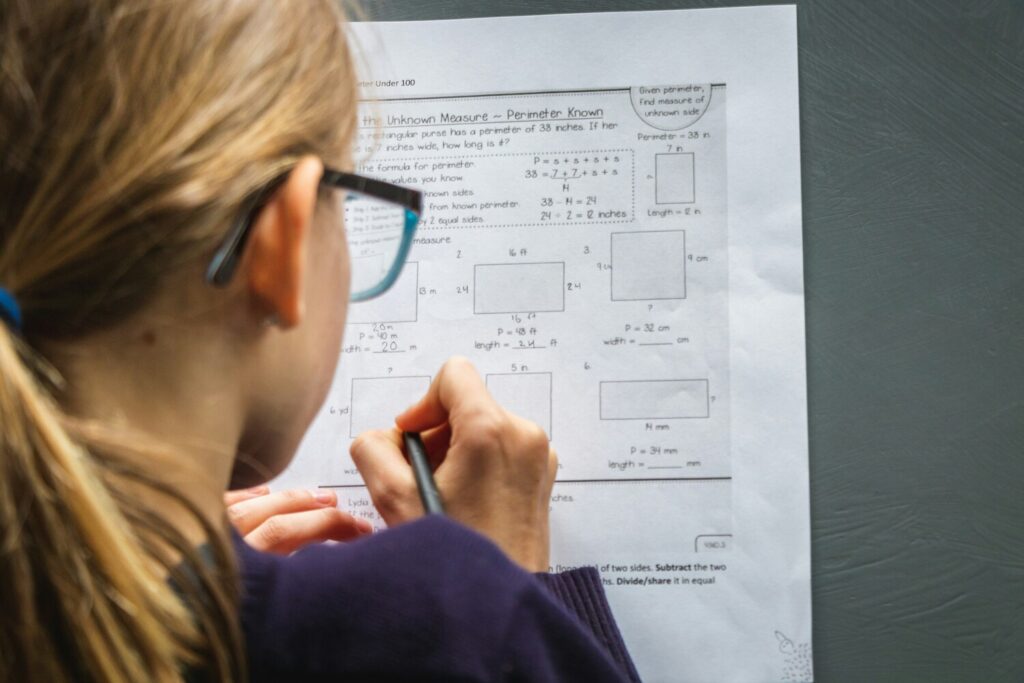
Singapore’s education system is internationally renowned for:
- Mathematics and Sciences: Producing highly skilled graduates through challenging coursework.
- Bilingual Policy: All students master both English and a Mother Tongue, fostering an inclusive community and global citizenship.
- Structured, Yet Creative: Clear learning objectives, personalized pathways, and support for developing creative thinking and social skills.
- Technology and Service Learning: Integration of classroom technology, digital tools, and service learning initiatives supporting a sustainable future.
- Character Development: Focus on personal well being, resilience, and citizenship in addition to academics.
International School vs. Mainstream School: Global Comparisons
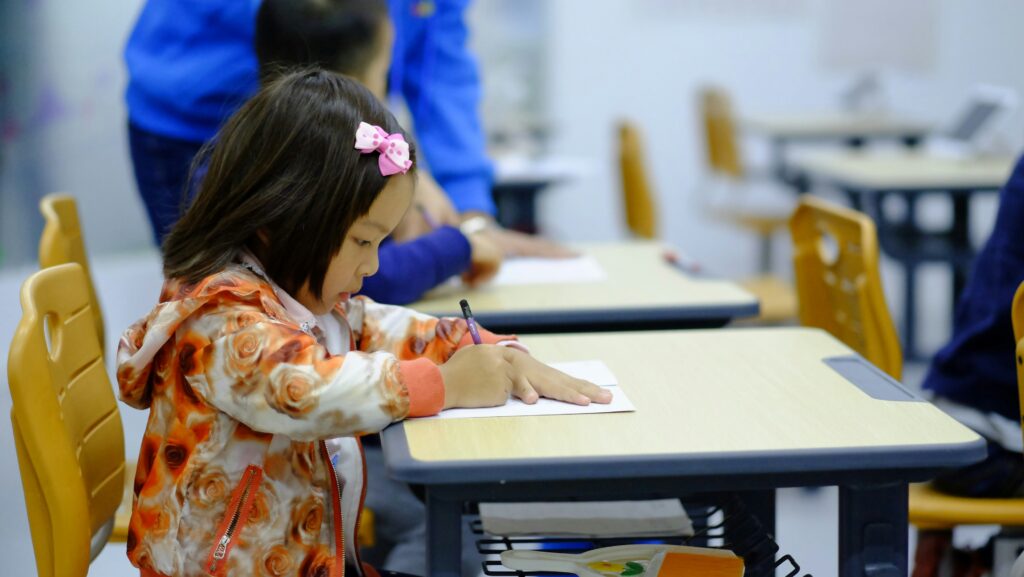
Making an international school comparison helps expat families decide if Singapore’s academic excellence fits their child’s needs.
Assessment Approaches: Singapore prioritizes high-stakes exams (PSLE, O-Level, A-Level) and direct subject based banding, while IB schools emphasize holistic assessment and personalized learning.
American Systems: International schools and world international school options like Stamford or Singapore American School emphasize broader curriculum choices and continuous assessment, in contrast to Singapore’s more exam-oriented and structured approach.
British & IB Curriculum: International Baccalaureate (such as IB Diploma Programme at One World International School and IB World Schools) or British systems (including Perse School and Dulwich College) typically provide inquiry-based, interdisciplinary learning but may not emphasize national examinations as Singapore mainstream schools do.
Australian International School: This independent school blends the International Primary Curriculum with Australian and IB curriculum, supporting creative thinking and global citizenship in preparation for the wider world.
Ministry of Education Registration: Process for Expat Children

- Eligibility Requirements: Expat children can attend mainstream schools, but must hold valid passes. Inclusive education policies and entrance exams (AEIS/S-AEIS) are standard.
- Documentation & Timeline: Have all passports, passes, birth certificates, and school reports. Application periods and places are limited—prepare early.
- Entrance Exams: The AEIS and S-AEIS assess English and math proficiency, providing direct school admission for eligible applicants.
- Support for Low Income Families and SEN: While financial assistance and SEN services are more tailored at international schools, mainstream schools receive increasing resources. Contact the Ministry of Education for guidance.
Adapting to Inclusive Education: Cultural Integration
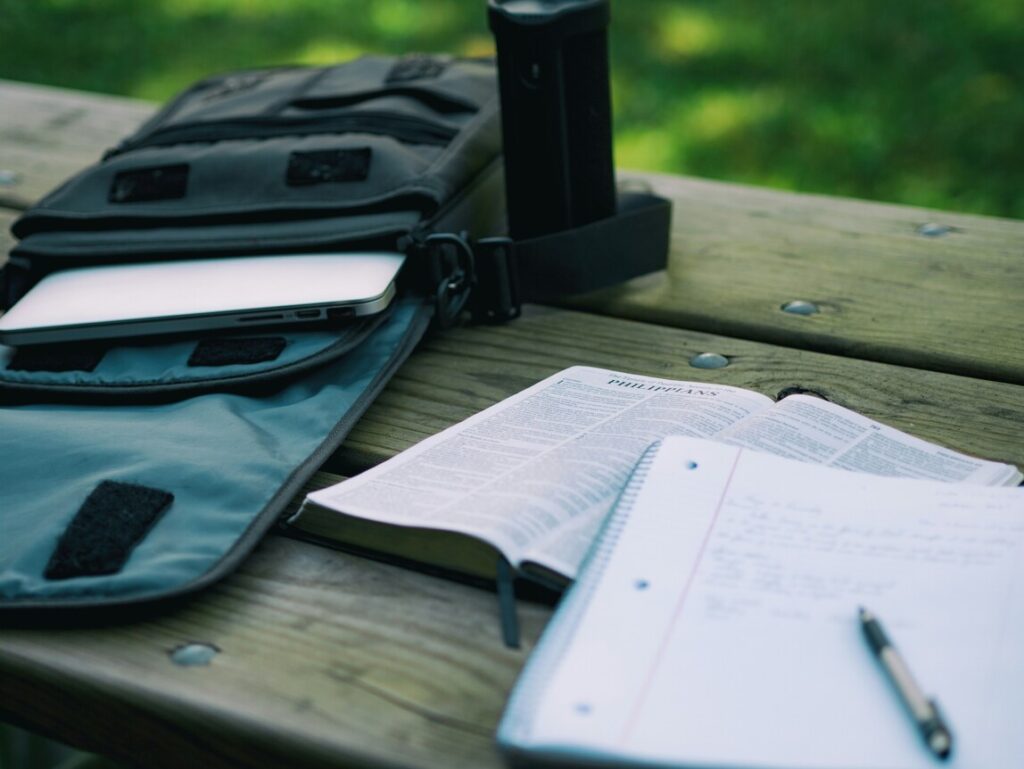
- Academic & Homework Load: Expect higher workloads, national exams, and subject mastery. Singapore education system students based in mainstream schools are taught to embrace challenge and persevere.
- Mother Tongue Requirements and Exemptions: All students must study a Mother Tongue as a first language unless formally exempted—a source of worry for many expats but also a pathway to global citizenship.
- CCAs, Character, and Service: Social skills, service learning, and CCA participation are core, building an inclusive community where students pursue both arts and STEM.
- Parent and Community Involvement: From attending upcoming events to supporting students at home, family engagement is encouraged and valued.ree day trips or sightseeing.
School Fees and Financial Assistance

- School Fees: For international students, school fees in Singapore mainstream schools are typically much lower than international schools. Current monthly fees for locals, PRs, and internationals are published on MOE Singapore’s website.
- Additional Costs: Uniforms, textbooks, transportation, and extracurricular fees are modest in mainstream schools.
- International School Comparison: Annual fees at international and independent schools can range from S$30,000 to S$50,000, while Singapore’s system helps families manage the cost of academic excellence.
- Financial Assistance: Singapore citizens and, occasionally, PRs have access to support through opportunity funds and government assistance—though this is rare for expat families.
Success Stories: Supporting Students and Producing Highly Skilled Graduates
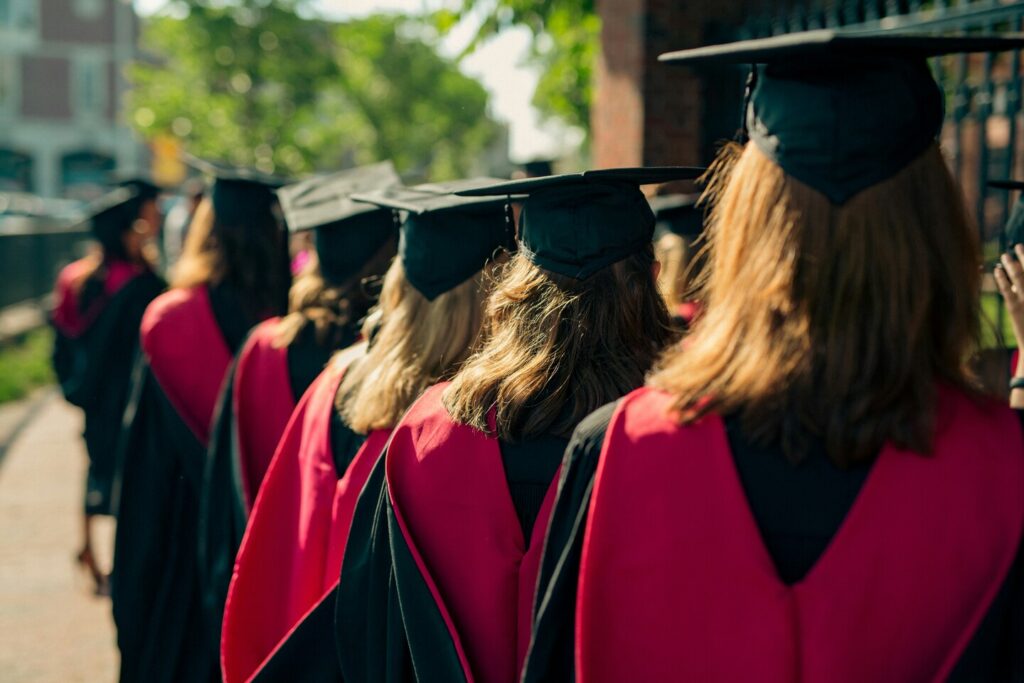
Numerous expat children have embraced the education system’s academic excellence, often transitioning from international schools to mainstream schools successfully. For example, a student from One School adapted well, excelling in the express stream and later pursuing an IB Diploma at a leading IB world school—highlighting the personalized learning and lifelong learning values of the system. Other students based in primary or secondary schools have developed extraordinary bilingual skills, social skills, and advanced in global university pathways, reflecting well being and world class preparation.
Addressing Common Questions and Concerns
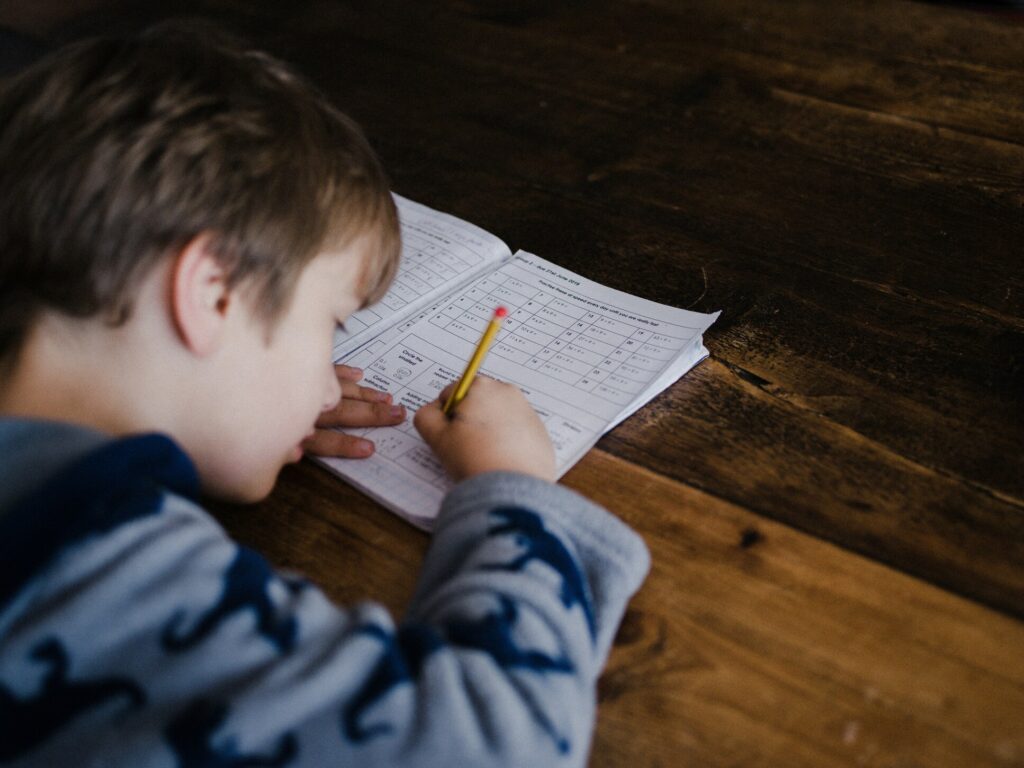
- School Transportation: Most mainstream schools offer bus services. International school options provide similar support for convenience.
- Special Schools / SEN: The Ministry of Education continues to expand inclusive education and support for special schools, but international and independent schools often offer more comprehensive resources.
- Entrance Exams and Transitions: Moving between international and mainstream schools, and vice versa, is common. Preparation for entrance exams and understanding subject based banding is essential.
- University Education and Pathways: Both junior colleges and international schools (with IB Diploma or A Levels) offer routes to world class universities. Arts institutions, polytechnics, and ITE also provide personalized pathways and technical education for students pursuing creative or vocational education.
- Support and Well Being: Schools based in Singapore place attention on student well being, support for low income families, and opportunities to participate in upcoming events and service learning.
Conclusion: Embracing Challenge, Academic Excellence, and a Sustainable Future

Choosing the Singapore education system means investing in your child’s strong foundation, academic excellence, global citizenship, and inclusive community—all contributing to producing highly skilled graduates who are prepared for the wider world. While the national examinations, subject mastery, and bilingual demands are challenging, expat children find answers, personal growth, and opportunity in both mainstream and international school environments.
For personalized guidance, explore resources below and contact the Ministry of Education Singapore with your questions.
Resources:
- Ministry of Education Main Website: www.moe.gov.sg
- SchoolFinder Tool: Details about all local, mainstream, and special schools receive regular updates.
- International Admissions: Search for “Admissions for International Students” for up-to-date requirements and entrance exam information.
- Upcoming Events and Further Information: MOE Singapore regularly hosts briefings to support new families and clarify the registration process.
Your family’s education journey in Singapore can be a world class, life-changing experience, supporting students academically and personally for a sustainable future—no matter which path you choose.

